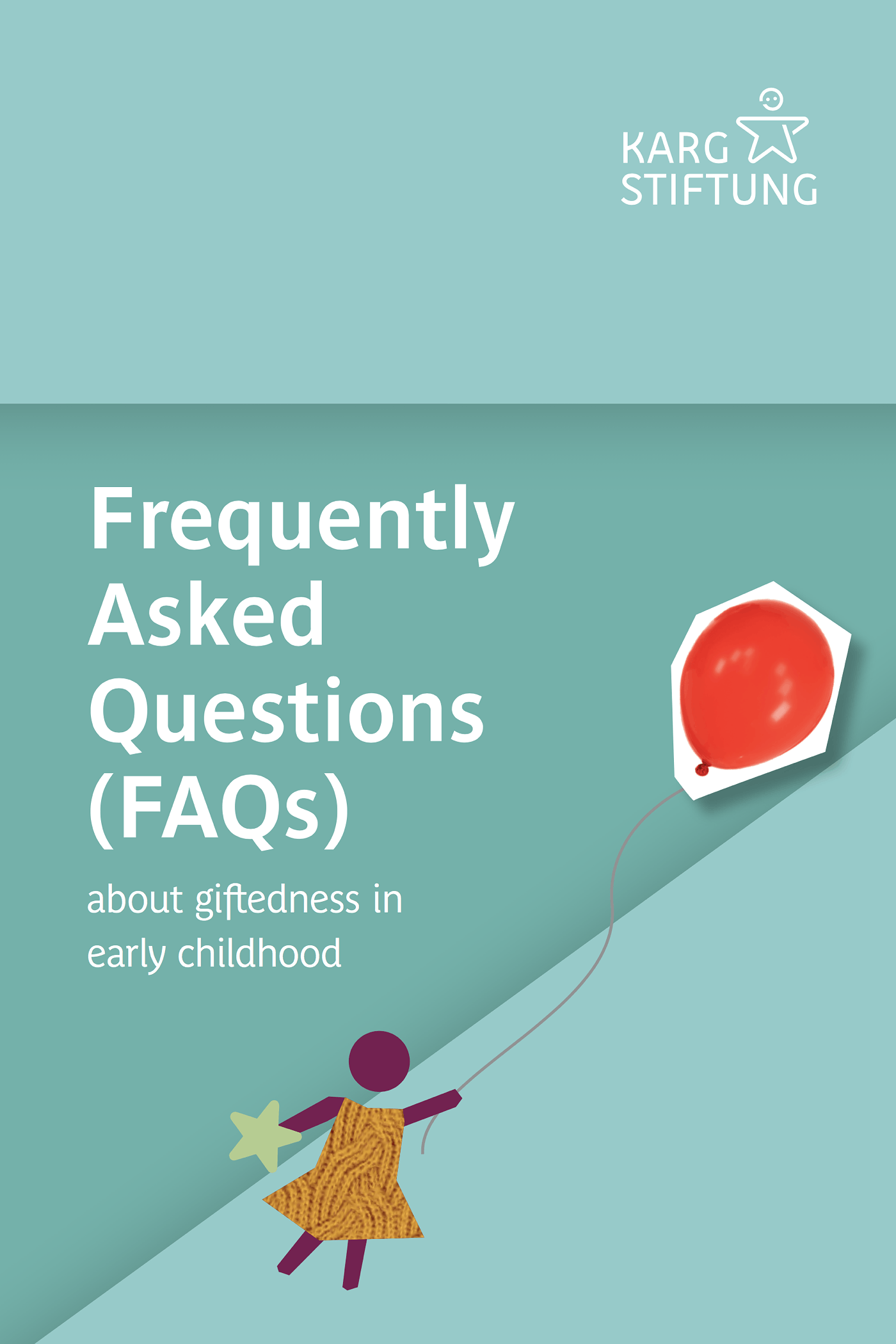Frequently Asked Questions (FAQs) about giftedness in early childhood
What role does intelligence play?
When talking about giftedness, we are often referring to people with exceptionally high cognitive abilities. Also in scientific discourse, in terms of relevant personal characteristics, high general intelligence is considered a significant prerequisite for exceptional achievement, especially in academic domains.
Conventional definitions explain giftedness as an exceptionally high manifestation of intelligence, measured by standardized intelligence tests and represented by the intelligence quotient (IQ). For example, an IQ score that is two standard deviations above the mean of the comparison group (e.g., a 10-year-old child compared to a representative group of 10-year-old children) is considered gifted. This is equivalent to an IQ of 130 or higher.
In practice, cut-off values should not be interpreted too rigidly. There are no substantial differences between a person with an IQ of 125 and a person with an IQ of 134 in their level of intelligence. Thus, minimal differences in IQ do not add substantial value to the question of the appropriate level of support to be provided.
That being said, high intelligence generally has a favorable influence on the development of skills in very different areas on the whole, and not simply in terms of the development of thinking ability in classic academic domains such as mathematics or the natural sciences. It is considered to be an indicator of general learning ability. The ability to grasp things quickly, to remember things easily, and to think logically and deductively are all valuable prerequisites for exceptional performance in any field of learning.

